To provide the best experiences, we use technologies like cookies to store and/or access device information. Consenting to these technologies will allow us to process data such as browsing behaviour or unique IDs on this site. Not consenting or withdrawing consent, may adversely affect certain features and functions.
The technical storage or access is strictly necessary for the legitimate purpose of enabling the use of a specific service explicitly requested by the subscriber or user, or for the sole purpose of carrying out the transmission of a communication over an electronic communications network.
The technical storage or access is necessary for the legitimate purpose of storing preferences that are not requested by the subscriber or user.
The technical storage or access that is used exclusively for statistical purposes.
The technical storage or access that is used exclusively for anonymous statistical purposes. Without a subpoena, voluntary compliance on the part of your Internet Service Provider, or additional records from a third party, information stored or retrieved for this purpose alone cannot usually be used to identify you.
The technical storage or access is required to create user profiles to send advertising, or to track the user on a website or across several websites for similar marketing purposes.
 The latest edition of the Women in the Workplace survey from the U.S. Green Building Council (USGBC) claims working women across the green building industry are facing historic challenges in the wake of the COVID-19 crisis. Of nearly 500 women surveyed, 86 percent are feeling supported by employers, yet nearly 90 percent note they are still facing challenges when it comes to financial, familial and professional responsibilities. More →
The latest edition of the Women in the Workplace survey from the U.S. Green Building Council (USGBC) claims working women across the green building industry are facing historic challenges in the wake of the COVID-19 crisis. Of nearly 500 women surveyed, 86 percent are feeling supported by employers, yet nearly 90 percent note they are still facing challenges when it comes to financial, familial and professional responsibilities. More →






 A new report from
A new report from 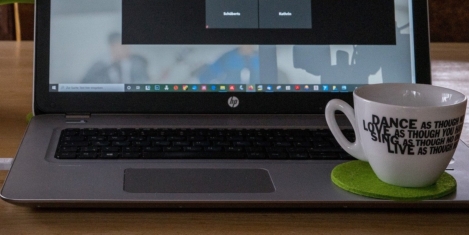
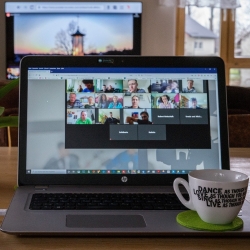 A new global study by
A new global study by 
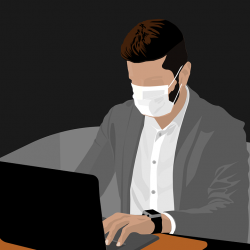 With current government advice encouraging all those who can work from home to do so, it’s no surprise that Britain’s businesses and employees are navigating a new normal. New research from
With current government advice encouraging all those who can work from home to do so, it’s no surprise that Britain’s businesses and employees are navigating a new normal. New research from 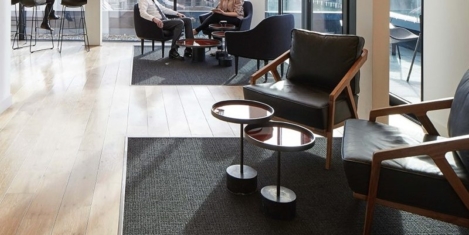
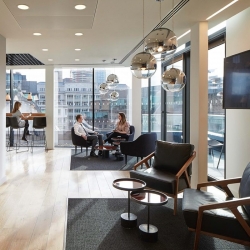

 80 percent of us want to get back to the office, according to a new
80 percent of us want to get back to the office, according to a new 


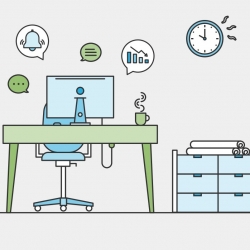

 A new model of competitiveness devised by academics at
A new model of competitiveness devised by academics at 










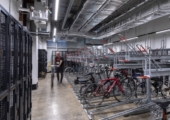


October 15, 2020
The wellbeing needs of men and women can be very different
by Alaana Woods • Comment, Flexible working, Wellbeing